Uncategorized
-
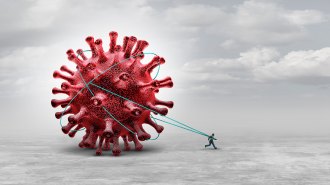 Health & Medicine
Health & MedicineWhat is long COVID and who’s at risk? This NIH project may find out
Scientists with the National Institutes of Health’s RECOVER project are working to define long COVID and figure out who’s at risk of developing it.
By Meghan Rosen -
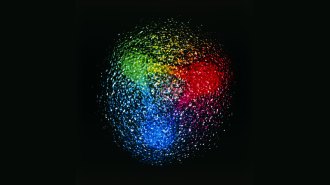 Physics
PhysicsProtons may be stretchier than physics predicts
Studying how quarks inside protons move in response to electric fields shows that protons seem to stretch more than theory says they should.
-
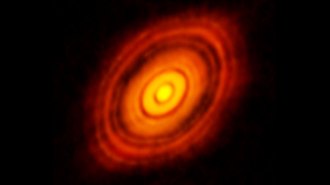 Astronomy
AstronomyMost stars may have much more time to form planets than previously thought
Planet-making disks may survive around most young stars for 5 million to 10 million years — more than double a previous estimate.
By Ken Croswell -
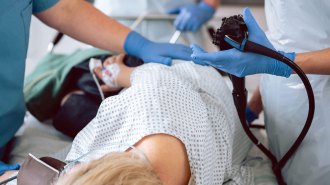 Health & Medicine
Health & MedicineA study questioning colonoscopy screening’s benefits has big caveats
The study included a lot of people who were invited to get the procedure but didn’t. That’s one limitation of several.
-
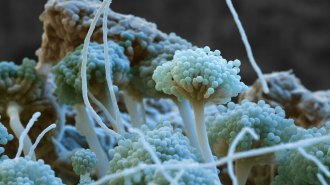 Microbes
MicrobesHow fungi make potent toxins that can contaminate food
Genetically engineering Aspergillus fungi to delete certain proteins stops the production of mycotoxins that can be dangerous to human health.
-
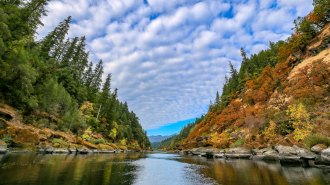 Environment
EnvironmentHeat waves in U.S. rivers are on the rise. Here’s why that’s a problem
In recent years, heat waves in U.S. rivers have gotten more frequent, causing trouble for fish, plants and water quality.
By Jude Coleman -
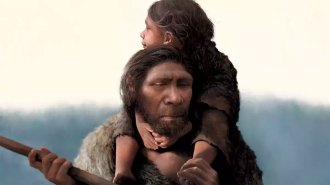 Genetics
GeneticsAncient DNA unveils Siberian Neandertals’ small-scale social lives
Females often moved into their mate’s communities, which totaled about 20 individuals, researchers say.
By Bruce Bower -
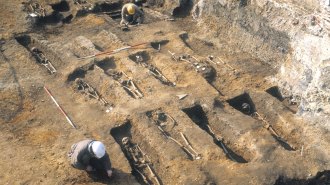 Genetics
GeneticsBlack Death immunity came at a cost to modern-day health
A genetic variant that boosts Crohn’s disease risk may have helped people survive the 14th century bubonic plague known as the Black Death.
By Wynne Parry -
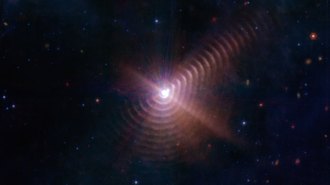 Astronomy
AstronomyFor the first time, astronomers saw dust in space being pushed by starlight
Images collected over 16 years reveal that dust expelled from a well-known binary star system is hurried on its way by light from those stars.
-
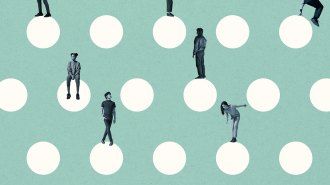 Psychology
PsychologyThe pandemic shows us how crises derail young adults’ lives for decades
Age matters for when we experience calamities, such as pandemics. Young adults are especially vulnerable to getting thrown off their life course.
By Sujata Gupta -
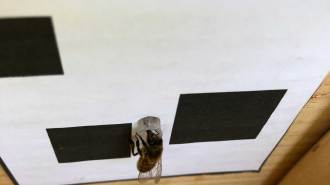 Animals
AnimalsHoneybees order numbers from left to right, a study claims
In experiments, bees tend to go to smaller numbers on the left, larger ones on the right. But the idea of a mental number line in animals has critics.
-
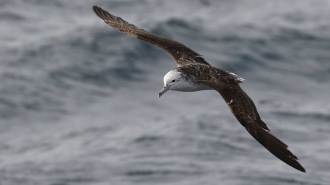 Animals
AnimalsSome seabirds survive typhoons by flying into them
Streaked shearwaters off the coast of Japan soar for hours near the eye of passing cyclones as a strategy to weather the storm.
By Freda Kreier